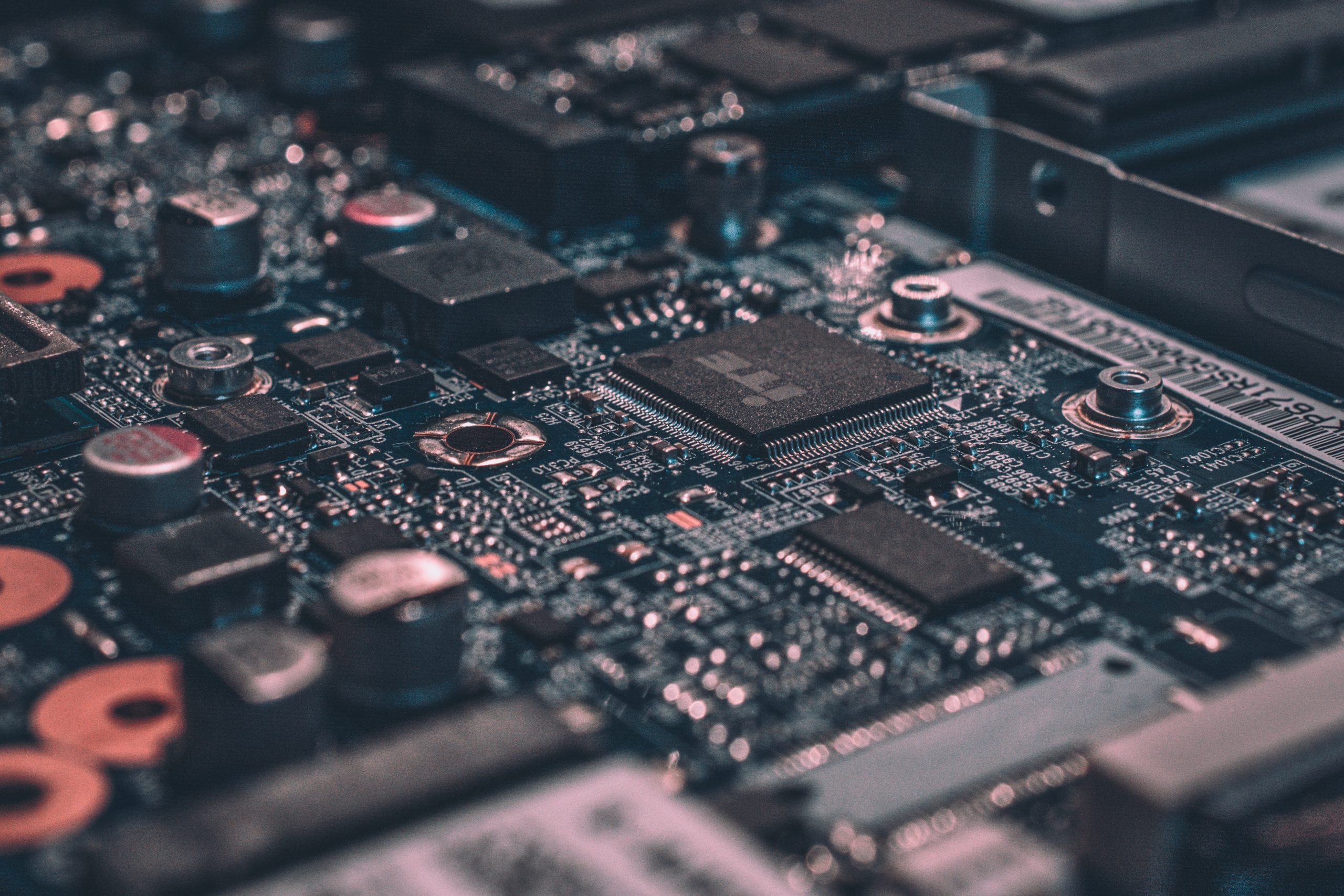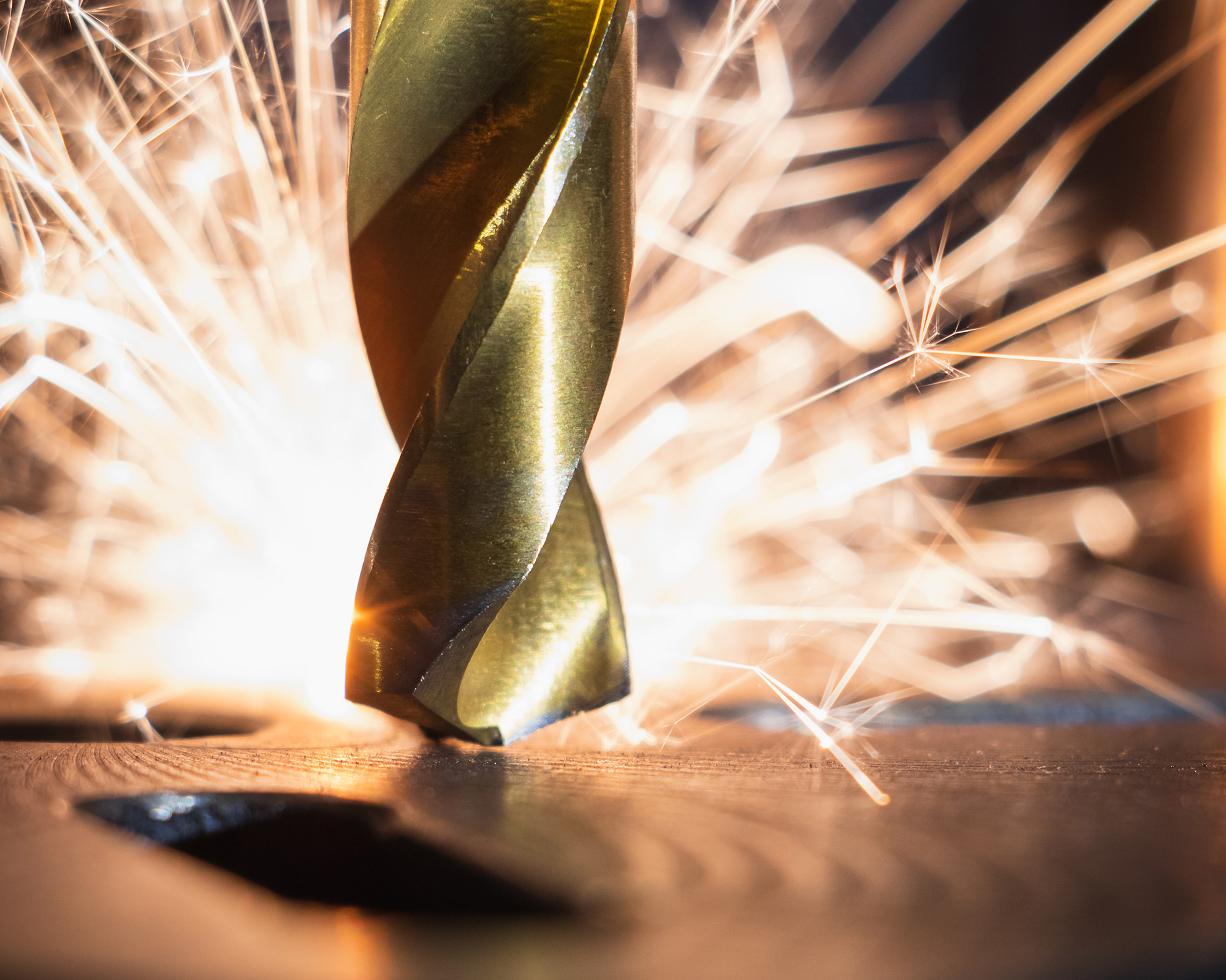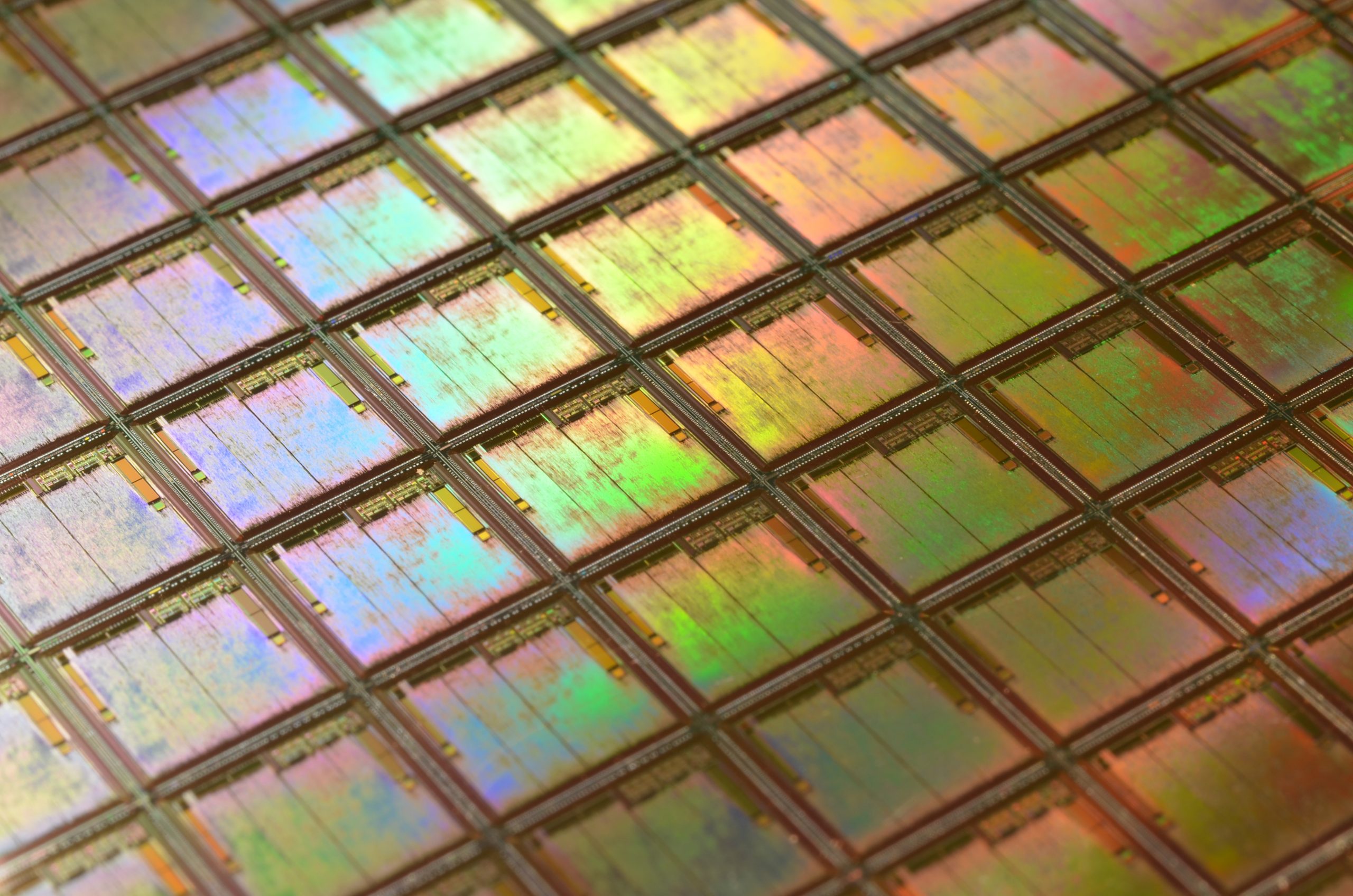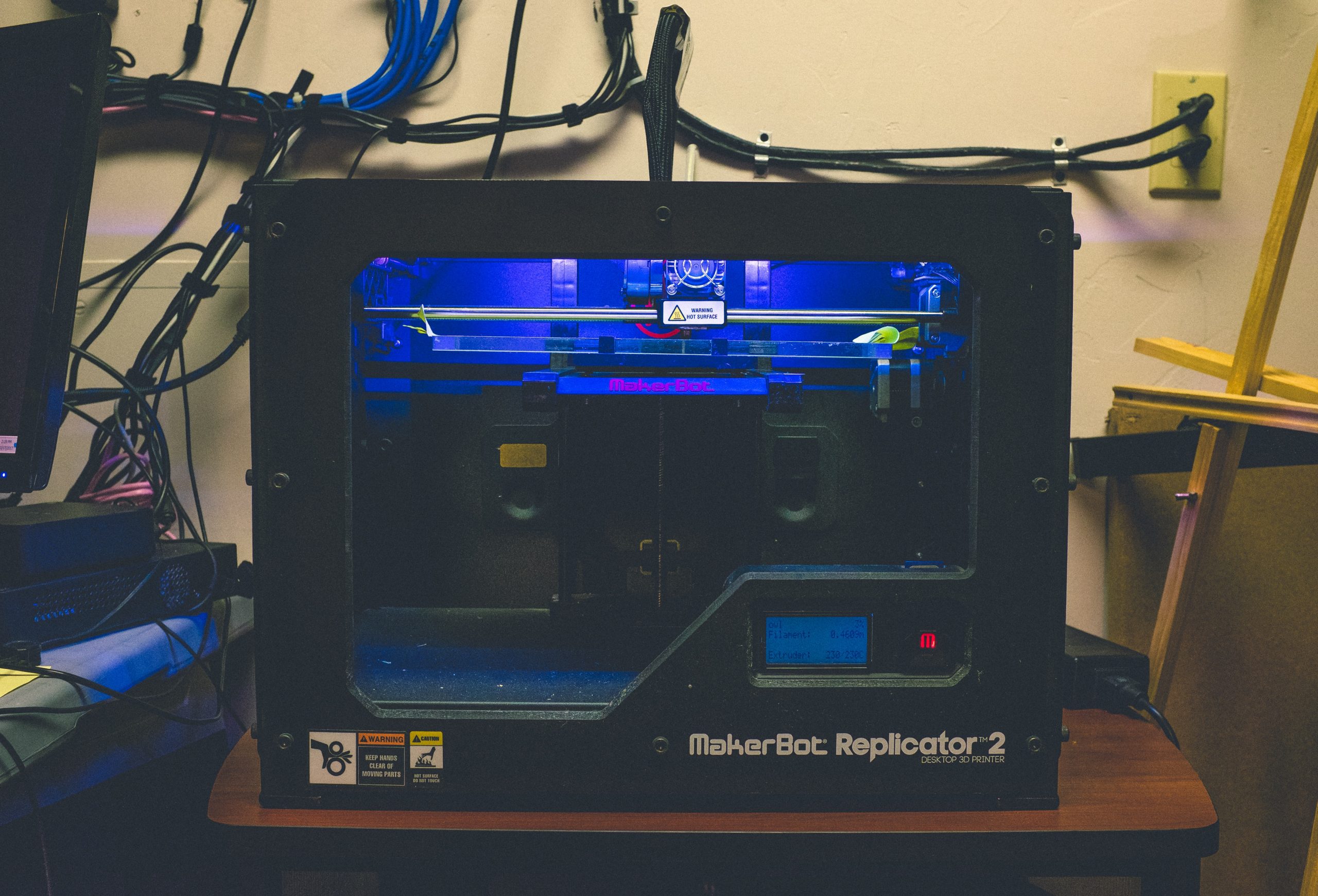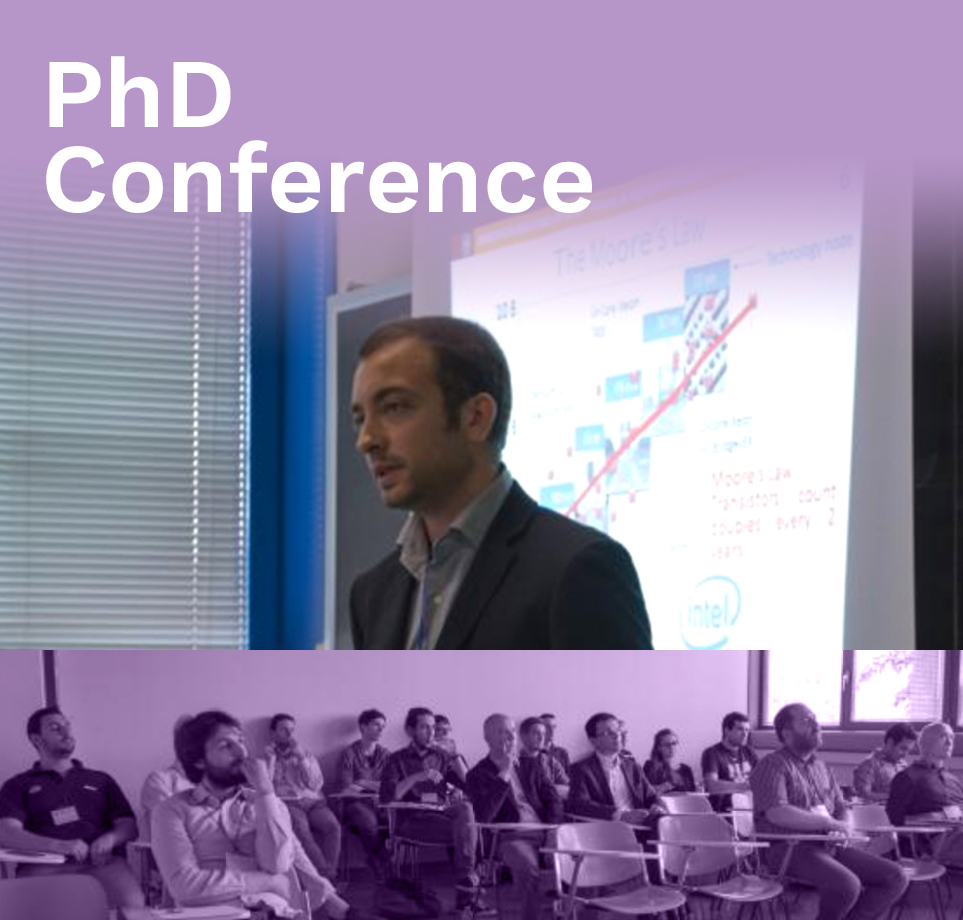The IIE PhD Programme
The IIE PhD programme provides advanced scientific and technological research training focused on the study and design of new concepts, systems, devices, and production processes. Its approach integrates mechanical, electrical, electronic, information technology, and management aspects in a holistic manner, enabling their effective application to the development of new technologies.
Particular emphasis is placed on emerging sectors related to sustainability, quality of life, and safety, including topics connected to Industry 4.0 (Big Data, Cloud Computing, Additive Manufacturing, Virtual and Augmented Reality, Digital Twins, etc.). These research areas are strongly supported by the recognised expertise of several members of the Doctoral Programme Board, many of whom have established long-standing collaborations with international scientific societies, conference committees, editorial boards of leading journals, and other experts worldwide.
Each year, the programme offers four core teaching modules designed to be non-specialist and multidisciplinary in nature. These courses aim to provide all PhD students with a shared foundational background, delivered by lecturers from diverse disciplines, and to foster so-called lateral thinking — a creative and interdisciplinary approach to problem-solving. In addition, students may attend specialised courses delivered annually by international experts.
A central goal of the programme is to build a vibrant PhD community and promote interdisciplinary dialogue. To this end, the annual PhD Conference is held at the end of May, featuring presentations from all students and a plenary lecture delivered by a former PhD student, who shares their current professional experience and reflects on how the IIE PhD programme contributed to their academic, professional, and personal development.
PhD Structure and Management
The IIE PhD programme is organised into three-year cycles, each commencing on 1 November. Accordingly, PhD students are expected to complete their research project and submit the final thesis by the end of the cycle. The research and training activities of the IIE PhD programme are overseen by the Doctoral Programme Board. Have a concise overview of the structure and organisation of the IIE PhD programme.
Applied and industrial training
The IIE PhD programme maintains strong links with the private and industrial research sectors. This is evidenced by the collaboration with Friuli Innovazione and by numerous partnerships with enterprises, industries, and private research centres, which have led to formal collaboration agreements with the Polytechnic Department of Engineering and Architecture.
In particular, the collaboration with Friuli Innovazione focuses on:
- Promoting and disseminating the research activities of PhD students within private research centres, industries, and small and medium-sized enterprises (SMEs);
- Facilitating technology transfer of applied research results produced by PhD students to private research centres, industries, and SMEs;
- Fundraising for PhD and postdoctoral research projects.
The Polytechnic Department of Engineering and Architecture maintains more than 20 collaborations with local and international enterprises, industries, and private research centres. These partnerships support the Department’s scientific and technological activities, with a particular focus on doctoral research.
Collaborating industries and enterprises typically finance or co-finance PhD activities through scholarships or research fellowships, and may also sponsor laboratory equipment and materials, or provide financial support to PhD students for research periods abroad in leading research centres and for participation in international conferences.
Job opportunities after PhD
Over the years, the IIE PhD programme has enabled its graduates to pursue a wide range of professional careers, including:
- Employment in industry: roles in electronic components manufacturing, advanced software design, telecommunications, mechanical engineering, industrial automation, and other high-value-added sectors.
- Employment in production and service enterprises: positions requiring expertise in production management, procurement, and commercial operations.
- Careers in advanced technology sectors: positions demanding competences in IT, electronics, and mechanical programming for the modelling of complex processes.
- Scientific and academic careers: research positions in national and international universities, institutes of advanced education, research centres, and laboratories, particularly within the European Union.
- Teaching careers: positions in secondary education.

